Amenorrhea : Causes, Symptoms, and Natural Treatment options
Amenorrhea, the absence of menstruation, is a condition that affects many women around the world. It can be a symptom of various underlying health issues. While it is normal for menstruation to stop during pregnancy and menopause, Amenorrhea outside of these conditions can indicate a potential problem that requires medical attention. Understanding the causes, symptoms, and treatments of Amenorrhea is essential for managing this condition effectively.
Types of Amenorrhea
There are two types of Amenorrhea: primary and secondary. Primary Amenorrhea occurs when a young woman has not had her first menstrual period by age 16. Secondary Amenorrhea, on the other hand, happens when a woman who had regular periods suddenly stops menstruating for three or more months without being pregnant, breastfeeding, or experiencing menopause. Identifying the type of Amenorrhea is crucial for determining the appropriate course of action.
Causes of Amenorrhea
The causes of Amenorrhea can be diverse, ranging from hormonal imbalances to lifestyle factors. Hormonal imbalances involving the hypothalamus, pituitary gland, ovaries, or thyroid can interfere with the menstrual cycle. Conditions such as polycystic ovary syndrome (PCOS), thyroid disorders, and pituitary tumours can lead to Amenorrhea. Additionally, excessive physical exercise, significant weight loss or gain, stress, and poor nutrition can also contribute to the cessation of periods.
Symptoms of Amenorrhea
Common symptoms associated with Amenorrhea include the absence of menstrual periods, but other symptoms may vary depending on the underlying cause. For instance, women with PCOS may experience acne, excessive hair growth, and weight gain. Those with hypothalamic Amenorrhea may also face symptoms such as fatigue, dizziness, and sleep disturbances. It is important to communicate any additional symptoms to a healthcare provider to aid in diagnosis and treatment.
Diagnosis of Amenorrhea
Diagnosing Amenorrhea typically involves a comprehensive evaluation, which includes a medical history, physical examination, and possibly several tests. Blood tests can measure hormone levels, while imaging tests like ultrasound and MRI can help identify structural abnormalities or tumours. In some cases, genetic testing may be required to assess for conditions like Turner syndrome.
Natural Treatments for Amenorrhea
Lifestyle changes, including stress management, maintaining a healthy weight, and reducing excessive exercise, are key to restoring regular menstruation. Preventing Amenorrhea involves maintaining a healthy lifestyle, balanced diet, and regular medical check-ups. Women should be aware of the risk factors and early signs of hormonal imbalances and seek medical advice promptly if they notice irregularities in their menstrual cycle. Early intervention and management are crucial for reducing the impact of Amenorrhea on reproductive health and overall well-being.
The Healing Tree of Life recommendations
Herbal protocol for amenorrhea using Healing Tree of Life Full Body Detox Tea and Womb Cleanse Tea. This plan is designed to gently detoxify the body, stimulate the reproductive system, and promote hormonal balance to restore a healthy menstrual cycle.
Herbal Protocol for Amenorrhea
Step 1: Full Body Detox Tea for 21 days
Step 2: Womb Cleanse Tea for 3 months
Step 3: Repeat Step 1 and Step 2 until 3 regular and consecutive menstrual cycles are achieved
Dietary and Lifestyle Suggestions
Diet: Focus on hormone-balancing foods like seeds (sunflower, pumpkin), whole grains, nuts, leafy greens, and omega-3-rich foods like fish or chia seeds. Minimize processed foods, caffeine, and sugar, which can disrupt hormonal balance.
Hydration: Drink plenty of water, herbal teas, and include foods with high water content, like cucumbers and melons, to aid detox and hydration.
Exercise: Engage in light to moderate activity like yoga, walking, or cycling to promote circulation, support hormone regulation, and reduce stress.
Rest & Stress Management: Stress can disrupt the hormonal system. Practice regular relaxation techniques like deep breathing, meditation, or mindfulness to support endocrine balance.















